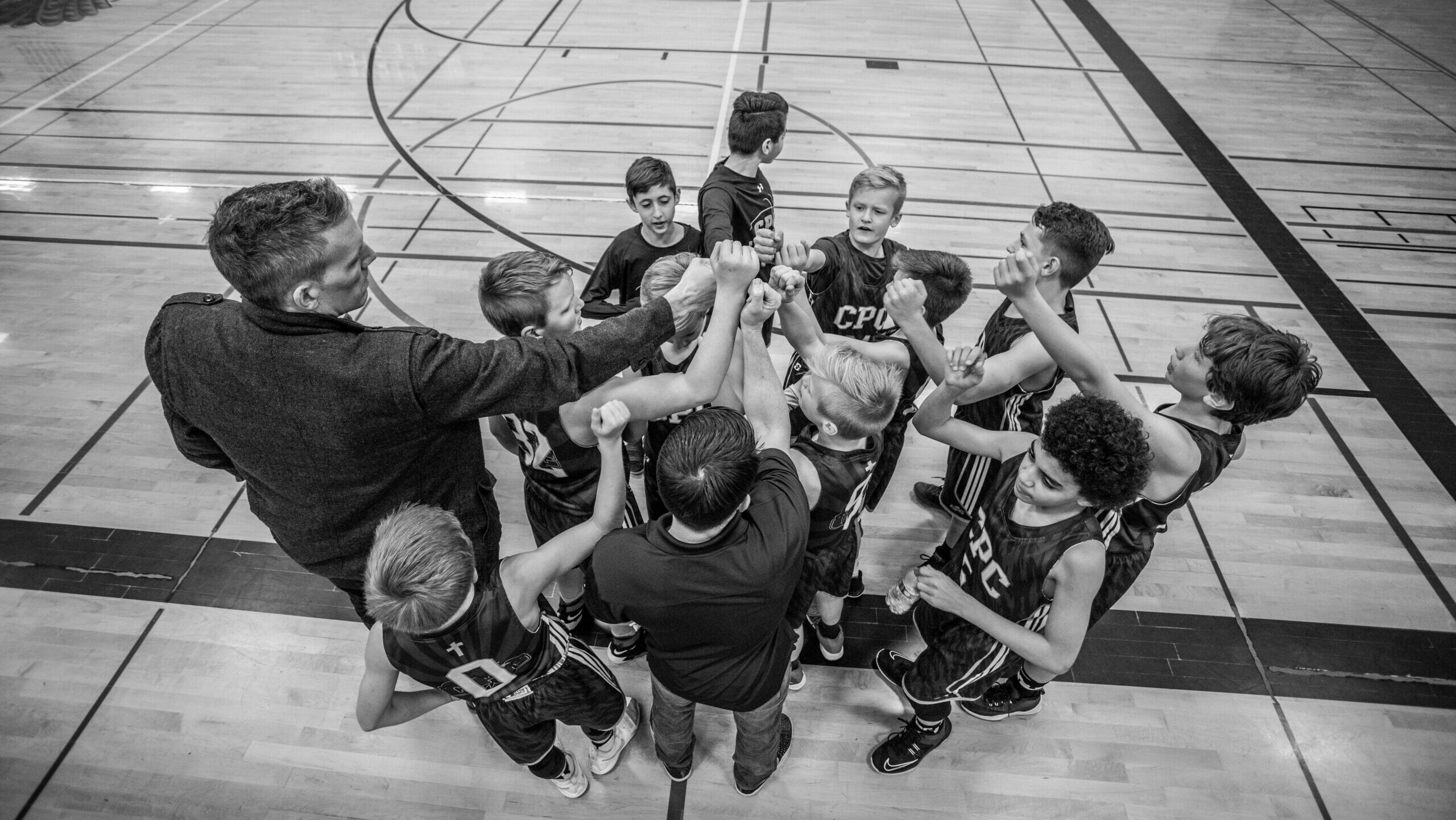This article is a summary of John Kessel‘s philosophy on what a coach should be in youth sports, based on his now-unavailable blog post, “Never Be a Child’s Last Coach.”
The Various Definitions of Coaching Success
What defines a successful volleyball coach?
Is it winning?
Or is it helping players improve their skills so they can advance to the next level?
There’s another way to define a coach’s success: how many of the children you coached continue to play volleyball.
Our goal as coaches should be to “never be a child’s last coach.”
A coach’s crucial role is to be a counselor who helps players build a strong connection with volleyball. We shouldn’t be obsessed with winning, because in every game, there is always a loser. That’s why every action and decision a coach makes, both on and off the court—from how they coach to how they pick a starting lineup—has a huge impact on a player’s love for the sport.
Ask yourself this question:
How many of the children you’ve coached are still involved in volleyball?
Cherish the Players’ Love for the Game
We should cherish the players’ love for the game—their enjoyment of practice and matches—for one simple reason: it’s an investment in their future.
If you can instill a deep love for volleyball in children, you will give them the courage to overcome any unfortunate coaches or adults they might encounter later in their lives.
The players you coach might one day meet coaches who use punishment or yell at them because of their own incompetence. But if you have helped them feel the pure joy of playing volleyball, no one will be able to stop them from being great players.
What Players Can Gain Through Volleyball
He loves the Chinese proverb: “Winning and losing are temporary; friendship is eternal.”
He says that” I remember a Chinese coach saying this at the opening ceremony of a domestic tournament about 30 years ago, and the saying has stuck with me ever since.”
After hearing those words, He has worked to help the players he coach embody that proverb in their own lives. For example, he tells them about the shared love of volleyball and encourage them to get to know their opponents, saying, “They are just on the other side of the net when you play. Get to know each other off the court!” This way, they can make wonderful friends throughout their lives.
Do Your Best to Not Be the Final Coach for Your Players
The enemy we must fight is the coach who drives a player out of the sport. Most children quit sports for a very simple reason: it’s not fun anymore.
A recent survey on why children quit sports showed:
“Not winning” ranked 10th.
“Not fun” ranked 1st.
And what was second?
“A bad coach.”
We can change these rankings. he truly hopes every coach does their best to learn how to be a great coach and that you will never be a child’s last coach.
A Moment of Reflection
Reading Kessel’s article made me think of my own former players.
I found myself wondering how they are doing now and how they must have seen my behavior and decisions.
Honestly, there were so many times I acted or behaved in ways I now regret. But if I hadn’t read his article, I might never have taken the time to reflect.
As he wrote at the end of his article, a coach should “do their best to learn.” It’s a powerful reminder that we must never stop learning.
I’ll end with his two favorite mottos:
ANCORA IMPARO (I am still learning).
COUNT THE SMILES PER HOUR (The joy of both play and learning).


